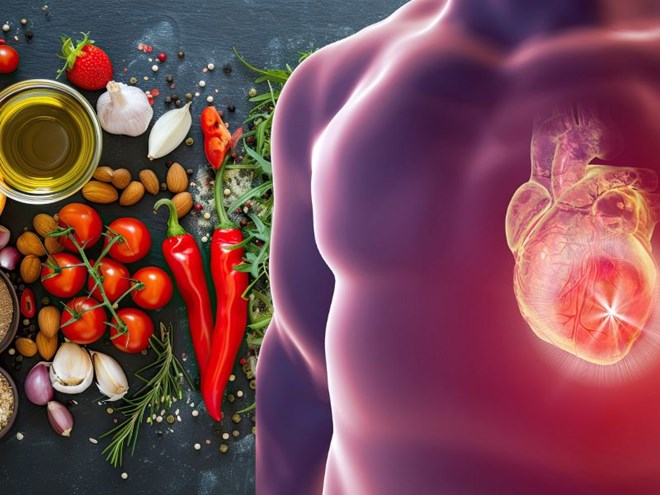
Vitamin C
Vitamin C helps control high blood pressure, reducing the risk of heart disease. Vitamin C is found in many fruits and vegetables, including oranges, kiwis, lemons, guavas, grapefruits, broccoli, cauliflower, bell peppers, and Brussels sprouts.
Oranges and grapefruits are high in flavonoids, which can reduce the risk of ischemic stroke (caused by a blood clot) by nearly 19%. Citrus fruits are high in vitamin C, which can help reduce the risk of heart disease.
Vitamin K
This vitamin helps prevent calcification of blood vessels and activates proteins. Vitamin K is found in kale, turnips, broccoli, mustard greens, parsley, lettuce, Brussels sprouts, bean sprouts, broccoli, cabbage...
Zinc
Zinc affects the heart's ability to cope with oxidative stress. Foods rich in zinc include meat, shellfish, legumes, seeds, nuts, milk, eggs, whole grains.
Quercetin
Quercetin is a flavonoid or plant pigment found in fruits and vegetables that has antioxidant effects on cardiovascular diseases, helping to improve the health of blood vessel cells and blood flow through the arteries.
Quercetin is found in red and white onions, cooked asparagus, cherries, red apples, red grapes, broccoli, kale, red leaf lettuce, green and black tea.
Calcium
Calcium plays an important role in the electrical activity and pumping function of the heart. Calcium particles are known to enter heart muscle cells, contributing to the electrical signals that coordinate heart function.
Foods rich in calcium are good for the heart, you should eat cheese, yogurt, milk, soybeans, tofu, nuts, fish.
Source: https://laodong.vn/dinh-duong-am-thuc/5-chat-dinh-duong-bo-sung-vao-che-do-an-uong-tot-cho-tim-1385309.ldo








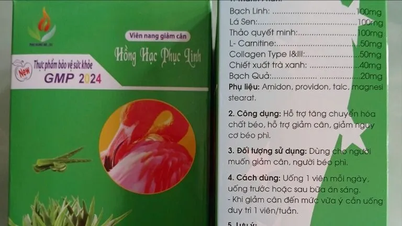




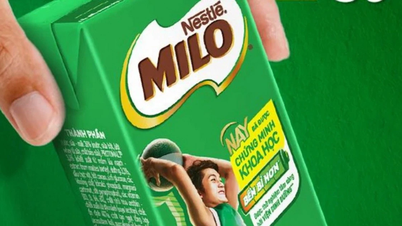



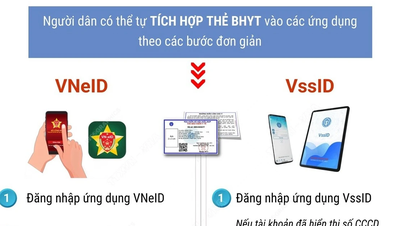



















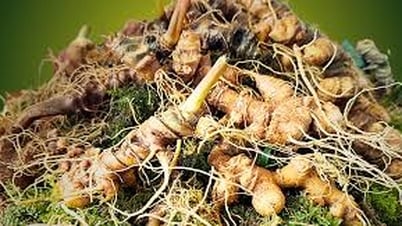
























































Comment (0)